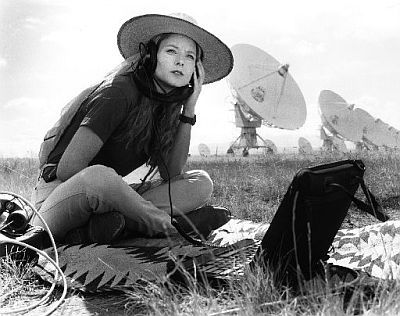 |
| Librarian? Or Accountant? |
What do librarians do, bub?
Read books?
Wrong! (Well, right but wrong)
“Google can bring you back 100,000 answers, a librarian can bring you back the right one." Neil GaimanLibrarians are really good at finding and evaluating information. When you have a question, a librarian can not only get you started, but they can help you sift through the various resources (if you are lucky--sometimes there are only one or two!)
Like with students in the past, I am often called upon to research an issue. It could be something with a simple answer such as, who is required to file Ohio CAT tax or how do I locate a federal employee identification number. It can often involved something technical like how to set up a small office network for telecommuting or how to get Quickbooks to do something, preferably with as little swearing as possible. Occasionally, it requires investigating tax law, making phone calls to IRS agents, or checking out case law.
 |
| Quickbooks or Lexis Nexis? You decide! |
The teachable moment, however, where we sit with a student and show how we to go about thinking about solving the problem is often missing. Most of the time, the client wants a clear and direct answer; after all, that is what they have contracted you to do. Colleagues, of course, want to know how the information was found (most of the time; during tax season, we all just want to get out alive). This statement is not to say that clients aren't interested; it's just that the question at hand is not "how to think about x" but "how can I use X to get to Y".
Most of the time the research is ready reference, solvable by a Google search. Occasionally, it does require digging and using specialized databases (thank you public libraries!).
The art of the reference interview, however, lives on in all interactions and you could probably say in every career. When I worked in retail, a client may have stated she wanted jeans but what she really meant was jeans that fit her hips and could fit in an office casual day or a date night (sorry, torn jeans.) Without asking, without probing--without doing what a reference interview requires you to do--you could be stuck going down blind alleys or, worse, giving your client (student, customer, faculty member, community member) what they don't want, thus wasting your time and theirs (and proving their worst fears).
In accounting, a good reference interview goes far. It can save both you and the client time. Always asking for a bit more information gives me a lot more to go on; accountants, like librarians, know how to do a lot with a little. Even the tiniest nugget of information can open up more pathways to explore. It's just picking the better ones. And that's where library training comes into play. (Or, better yet, reading).
I'll stop here because I'm out of cool picture ideas but I will leave with one last thought. The one thing that I see separating librarianship and accounting is art; the quest for something else to re-make the world, each moment, every day. That is the project of our poetry, of our theater, our literature and education, where librarianship lives. I don't see the art in accounting and it makes me wonder if there is any at all.


